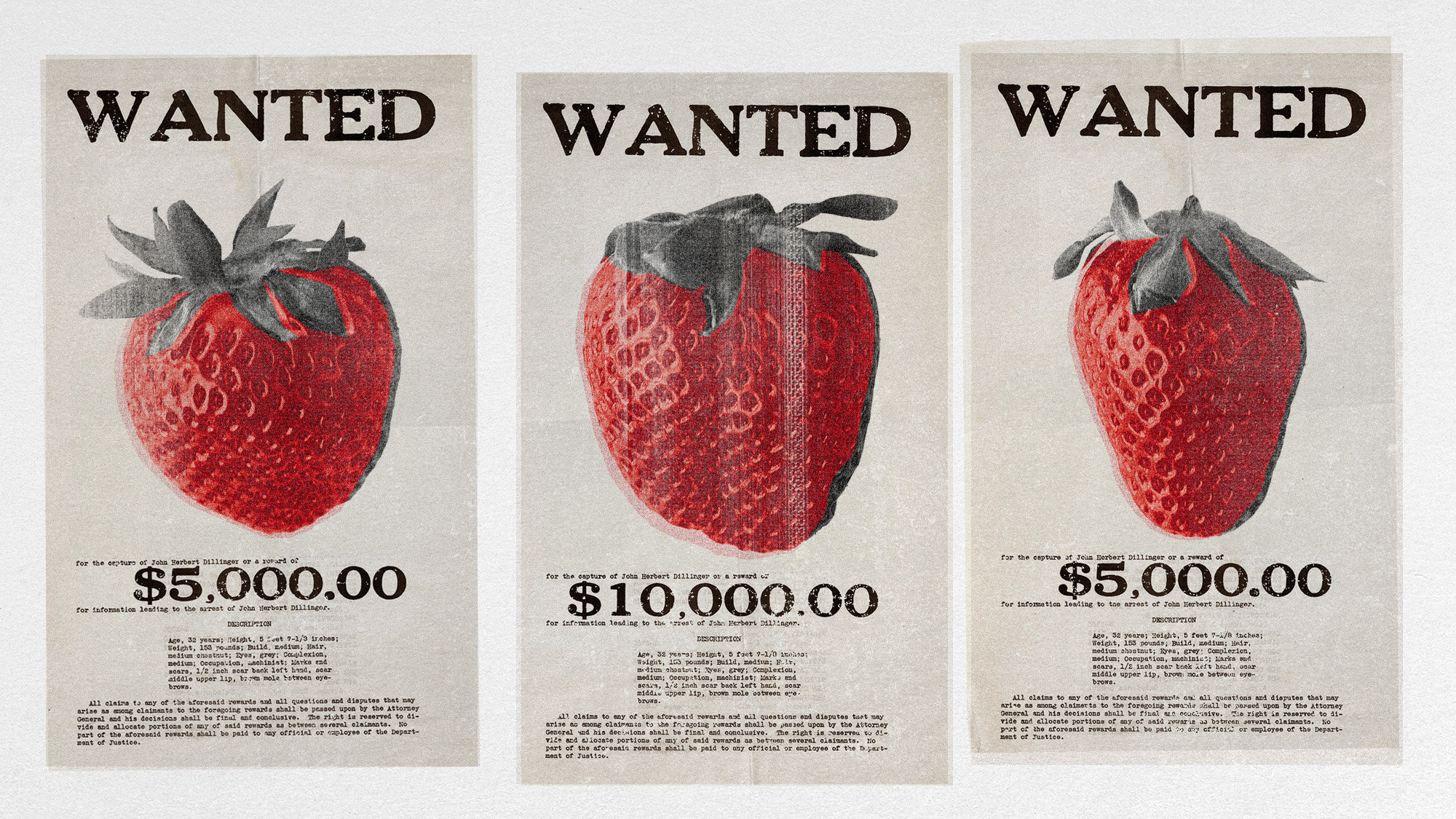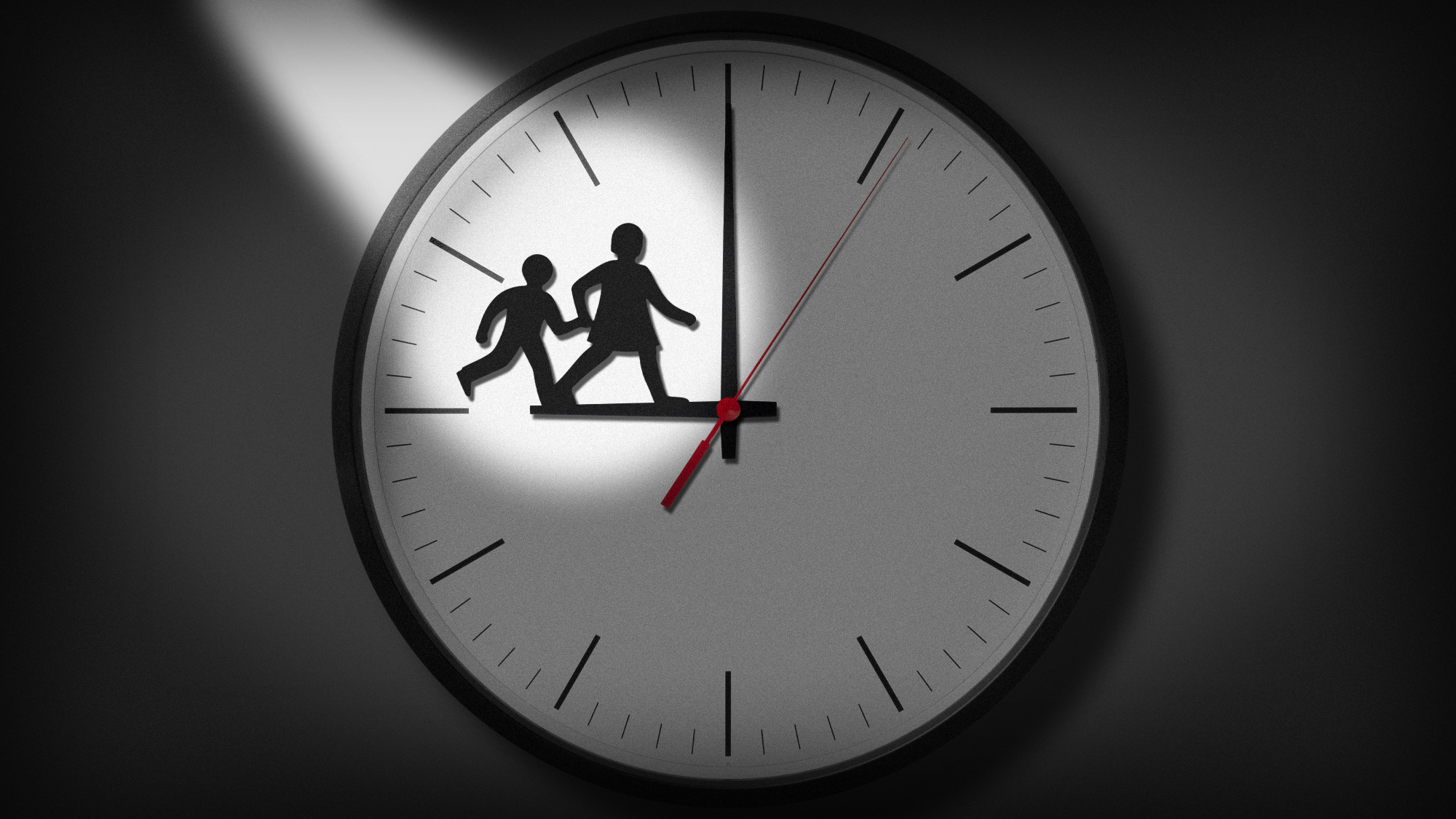27,000 UK children are in gangs
New report from Children’s Commissioner says tackling child criminal exploitation should be ‘national priority’

A free daily email with the biggest news stories of the day – and the best features from TheWeek.com
You are now subscribed
Your newsletter sign-up was successful
More than 27,000 children in England are thought to be members of criminal gangs but only a fraction are known to the authorities, according to a new report by the Children’s Commissioner.
Criminal groups are believed to be targeting children for recruitment, especially girls “because their ‘profile’ means they are less likely to be known to police”, reports the Evening Standard.
A former gang member told Sky News youngsters were encouraged to join so they could earn respect from their seniors.
The Week
Escape your echo chamber. Get the facts behind the news, plus analysis from multiple perspectives.

Sign up for The Week's Free Newsletters
From our morning news briefing to a weekly Good News Newsletter, get the best of The Week delivered directly to your inbox.
From our morning news briefing to a weekly Good News Newsletter, get the best of The Week delivered directly to your inbox.
“There’s a sense of those pushing you to do it, but at the end of the day the decision comes to you,” said the man, now 23.
“When you sit down and speak to some of these youths, they’re lost. When I mean lost, in the sense of, they’re literally following and going along with it. A lot of them don’t know who they are or what they want to do. They just want to do what seems to be cool and on top of that to be fair there’s nothing really to do,” he added.
The new report has prompted calls for the Government to designate child criminal exploitation a “national priority”.
Children’s Commissioner Anne Longfield said gangs were using “sophisticated techniques” to groom children and “chilling levels of violence” to keep them compliant.
A free daily email with the biggest news stories of the day – and the best features from TheWeek.com
The 27,000 estimate is based on an annual crime survey run by the Office for National Statistics, asking a representative sample of households about their experience of crime.
For the past three years, it has asked children aged between ten and 15 whether they considered themselves to be a member of a street gang.
Of about 4,000 children quizzed last year, 0.7% said they considered themselves to be in a gang - which equates to around 27,000 nationwide.
That number is at odds with the 6,560 children known by youth offending teams or children’s services to be involved in gangs.
Longfield’s report concludes that the difference between the higher and lower figure “is down to the fact that most gang members are not known to authorities”.
“It is certainly likely that there is a group of young people involved with gangs who are not known to the authorities,” says the BBC.
And although “information of gang membership is difficult to capture, we do know that knife carrying among children is increasing”, adds the broadcaster.
The study “echoes previous research which has linked rising levels of knife crime to a surge in the number of exclusions”, says Tes, formerly the Times Educational Supplement.
According to figures from the Ministry of Justice, almost 21% of 21,380 knife possession offences last year involved ten to 17-year-olds. Since 2014, the number of knife possession offences committed by this age group has increased by 70%.
Longfield’s report recommends several measures to tackle the problem of child gangs including: the Government laying out clear expectations about the role of all organisations working with children; joint inspections between Ofsted, the Care Quality Commission and the police rolled out across England; and more emphasis on the early years within the Government’s Serious Violence Strategy.
Responding to the report, a Government spokesperson said: “We have proposed a new statutory duty on partners across education, social services and health to work together to tackle violence as part of a public health approach, and are providing £220m to support children and young people at risk of becoming involved in violence and gangs.”
-
 Political cartoons for February 15
Political cartoons for February 15Cartoons Sunday's political cartoons include political ventriloquism, Europe in the middle, and more
-
 The broken water companies failing England and Wales
The broken water companies failing England and WalesExplainer With rising bills, deteriorating river health and a lack of investment, regulators face an uphill battle to stabilise the industry
-
 A thrilling foodie city in northern Japan
A thrilling foodie city in northern JapanThe Week Recommends The food scene here is ‘unspoilt’ and ‘fun’
-
 Trinidad and Tobago's murder emergency
Trinidad and Tobago's murder emergencyUnder the Radar Gang violence in the Caribbean island nation has seen murder rates soar to unprecedented levels
-
 Haitian gangs massacre hundreds accused of 'witchcraft'
Haitian gangs massacre hundreds accused of 'witchcraft'Under the Radar Vodou practices blamed for gang leader's son's illness, as elderly are hacked to death in Port au Prince
-
 Inside Marseille's deadly drug wars
Inside Marseille's deadly drug warsThe Explainer Teenage hitmen recruited through social media are lured by money and gang 'brand'
-
 How strawberries are funding crime in Sweden
How strawberries are funding crime in SwedenUnder the Radar Police say illegal fruit sales turn over 'billions' of kronor a year for gangsters
-
 Europe's drug gangs in the spotlight
Europe's drug gangs in the spotlightThe Explainer The illegal narcotics trade is fuelling a surge in gang violence across the continent
-
 Do youth curfews work?
Do youth curfews work?Today's big question Banning unaccompanied children from towns and cities is popular with some voters but is contentious politically
-
 Haiti's mass jailbreak: what do gang leaders want?
Haiti's mass jailbreak: what do gang leaders want?Today's Big Question Gangs hope violence will bring down Prime Minister Ariel Henry amid a growing security and economic 'nightmare'
-
 El Salvador’s controversial crackdown on gangs
El Salvador’s controversial crackdown on gangsfeature Populist president Nayib Bukele accused of human-rights violations after mass imprisonment